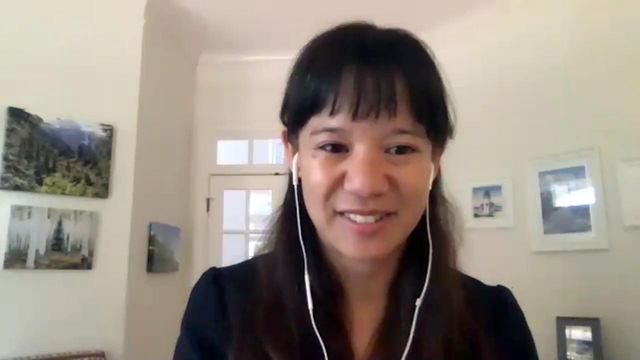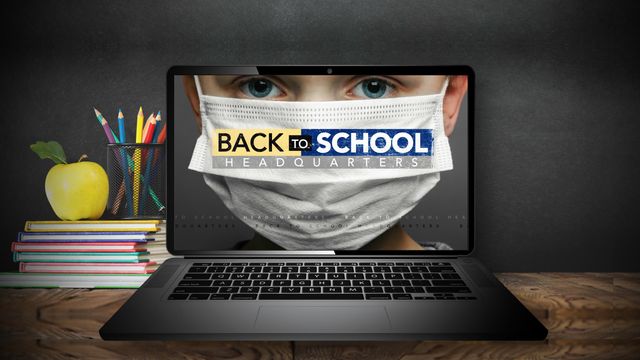What parents can do to help get children back to school safely this fall
A pediatric expert at Duke University says planning, discussion and modeling can go a long way to ease children's transition into the pandemic version of school and help them succeed.
Posted — UpdatedDr. Charlene Wong, assistant professor of pediatrics and public policy, said Thursday that decades of evidence shows attending school in person is better academically, especially for younger students, as long as there are no household members at high risk for serious illness from the coronavirus.
"We know that children tend to learn better in person. This is certainly the case for our younger students, our elementary school students,” Wong said. “We also know that some students need a little bit of extra help with learning."
It’s also true for students from lower-income families and those who don’t have access to the technology and broadband they need to succeed in remote learning.
"We have such staggering disparities in the loss of education, the 'COVID slide,' already just from the spring closures of school," she said. "Those kids often rely on schools for nutrition, for a safe place to be during the day, and their parents rely on that child care source so they can go to work."
Wong said schools should prioritize in-person learning early in the school year.
"Last year, students already knew their teachers, they had met their classmates, and then they switched to remote learning," she said. "This year, they’re going to be moving into new cohorts with new teachers."
Later in the fall, she warned, students will have to stay home and learn online because restrictions put in place to guard against coronavirus will also apply to those with colds or the flu.
“We see runny noses and fevers all the time. It won’t necessarily be coronavirus, but any children with those symptoms also won’t be able to go to school," she said.
What the school day will look like during the pandemic may vary on students’ ages and developmental needs, Wong said.
"What parents can be doing now is talking to their kids about some of those changes that are coming – and really starting now, as early in advance as possible – so that kids have the most time to process and digest what they should expect when they return to school," she said.
Given the increasing spread of the virus, she said, parents should expect a 14-day quarantine at some point if one of their students’ classmates tests positive. Outside child care probably won’t be an option.
"Right now," Wong noted, "you can’t get your child tested for COVID and show that it’s negative for them to come back earlier."
“You can have coronavirus even if you have a negative test. In order for the tests we have available to detect it, there has to be enough of the virus in your body," she explained. "For that 14-day period, you can still be spreading the infection before you have symptoms or even before your test turns positive."
Parents need to develop "backup plans," she said.
“Who’s available in the household who would presumably already have been exposed to the child? Is there an extended family member, a friend, a roommate who lives in the household? Have those discussions now," she said. "Again, not a lot of good solutions for a lot of families."
When it comes to students wearing masks, especially younger ones, Wong said the most important thing parents can do is to model that behavior for them.
"It is valid, based on the science we’re seeing, because the science is showing that masks definitely make a difference. But it will be a challenge, there’s no doubt," she said.
"Model for children that mask-wearing is the norm. This is what is helping to save lives. It’s protecting you, your family, your loved ones," she said. "If you can imagine a child who goes to school, who sees their families, their neighbors, their communities never wearing masks, and then there’s this teacher who’s asking them to wear a mask for six-plus hours a day, it’s going to be very confusing to them."
Wong advised parents to be ready for plans and requirements to change quickly.
"We’re learning something new about coronavirus every single day," she said. "The most important point here is that we need to follow the data. We need to listen to the experts and the scientists.”
Related Topics
• Credits
Copyright 2024 by Capitol Broadcasting Company. All rights reserved. This material may not be published, broadcast, rewritten or redistributed.






